As governments worldwide gradually ease lockdown restrictions, the offline events industry returns to life. According to Statista, the revenue from online sales of tickets for sporting, music events, and cinema tickets is projected to reach $57.62 billion in 2021. The revenue figures for online events are almost twice as high, fueled by the pandemic. The global virtual events market size was estimated at $94.04 billion in 2020 and is expected to grow in the coming years at a compound annual growth rate of 23.2%. These impressive numbers make both online and offline events segments attractive to newcomers.
If you're looking to join it and researching how to sell event tickets online, look no further. Here are the three most popular ways explained.
Selling tickets on your website
In the classic scenario, organisers launch a website or a landing page for their events.
A landing page allows the organiser to create the most streamlined user experience due to focusing on a single event. Typically, both the website and the landing page for an event comprise information about the event and a clear call to action, which is a ticket purchase. What matters the most here are:
- The quality of your copy. It must be to the point, easily understandable for your target audience, and with no fluff. Try to provide all the crucial details and key benefits at the top of your page, making it visible and accessible without scrolling all the way through trying to figure out what it all is about.
- Design. If you want your landing page to attract more visitors to your event, make it a real eye candy. For massive events, consider hiring trusted web designers. The investment will be worth it.
- A chance to follow up. Request an email before the user proceeds to checkout. This way, you'll have an opportunity to follow up if the user bails before completing the purchasing process.
As for the purchasing process, you can rely on a ticketing service, a payment service provider (PSP), or a technological platform that offers event payment pages. Which one to choose depends on your needs and budget. Drop us a message for more information about Corefy's payment pages, customisation opportunities, integration options, and pricing.
Selling event tickets online without a website
You can still sell tickets online, even without a website.
To do so, you'll need to work with ticketing service. In most cases, they will provide you with a standardised or slightly customisable event page. It usually contains event info and an opportunity to choose a seat or a ticket type and then redirects a customer to the payment page powered by some PSP.
Alternatively, you can cut one link off this chain and work directly with a service that provides hosted payment pages. We suggest you opt for a provider that offers API for automated invoice generation and payments collection, support for various currencies and payment methods, and customisation opportunities. Usually, such a provider can give you access to the dashboard, where you'll be able to design your payment page, choose payment methods and currencies, and select the fields to capture required customer information. Get in touch with us to see our payment pages in action and learn how our solution matches your needs.
Once you've got a payment page, the ball is in the court of marketing and promoting your event.
Using social media to sell event tickets
Social media platforms present a powerful channel for event promotion, regardless if you have a website or not. To use this channel effectively, you need to know your target audience and which platforms they prefer. By focusing on a few, you'll save time, money, and effort and get the best result.
We prepared a few recommendations applicable to most social networks. First of all, make sure all the necessary information is there. All the basic info, like event name, description, type, location, time, pricing, and a link to the payment page, must be visible and consistent across the promotion channels you use. The design is equally essential. All your visuals (covers, illustrations, posters, flyers, etc.) must be attractive and shareable. The same is true for your content — it must be engaging enough for people to share and react to it. When you're done setting up your page, keep posting regularly, so it doesn't look abandoned.
Remember: You're stealing from yourself by not using a relevant social media platform to promote your event. According to Backlinko, 3.96 billion people use social media worldwide. Isn't that many potential buyers worth trying?
5 bonus tips for selling more tickets
Once you've found the best-fitting way to sell event tickets online, you're all set to start. Here are some tips to boost your ticket sales:
- Draw attention to your event with pre-event activities. For example, if you're preparing a conference, you can organise a brief series of webinars on the topic or 5-minute interviews with speakers before the event. It will be an excellent enticement for all those interested in your topic.
- Start selling early. Give your audience a chance to get an early bird discount. It will also stimulate people to follow your communication channels for future deals.
- Provide different ticket types. By offering alternatives, you'll increase the circle of interested people. For instance, some people prefer enjoying a concert in the comfort of a lounge zone, while others would choose to rock the fan zone. Make sure your offering fulfils the expectations of the broadest audience possible.
- Offer a discount for your future events. When planning a series of events, offer bundles of tickets or promo codes for a discount after the first purchase.
- Ask your sponsors to promote your event via their channels. Usually, companies that sponsor events are large and well-established ones. They are most likely to have a considerable connection base and audience, so mentions across their communication channels will surely help you sell more tickets.



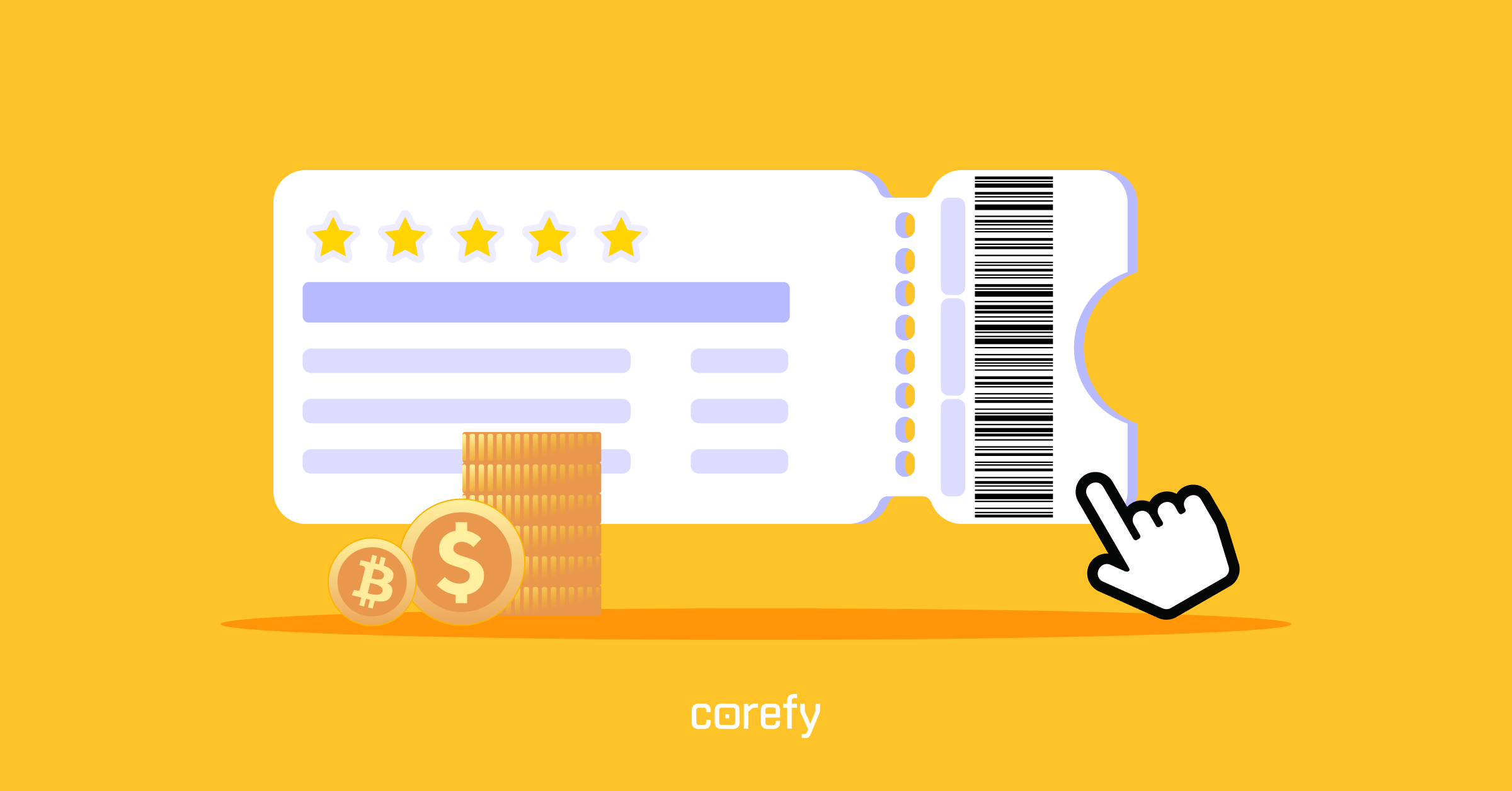

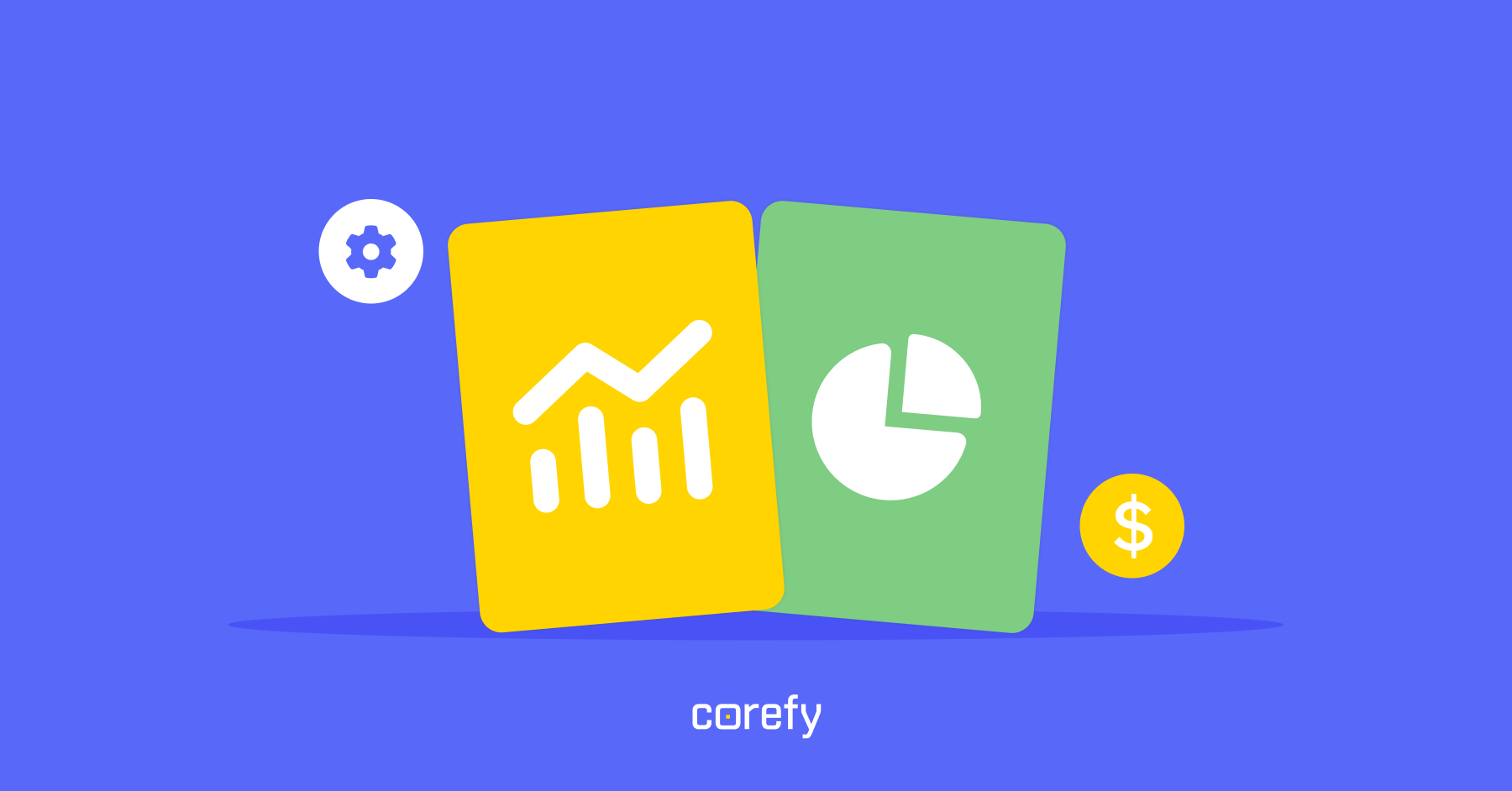
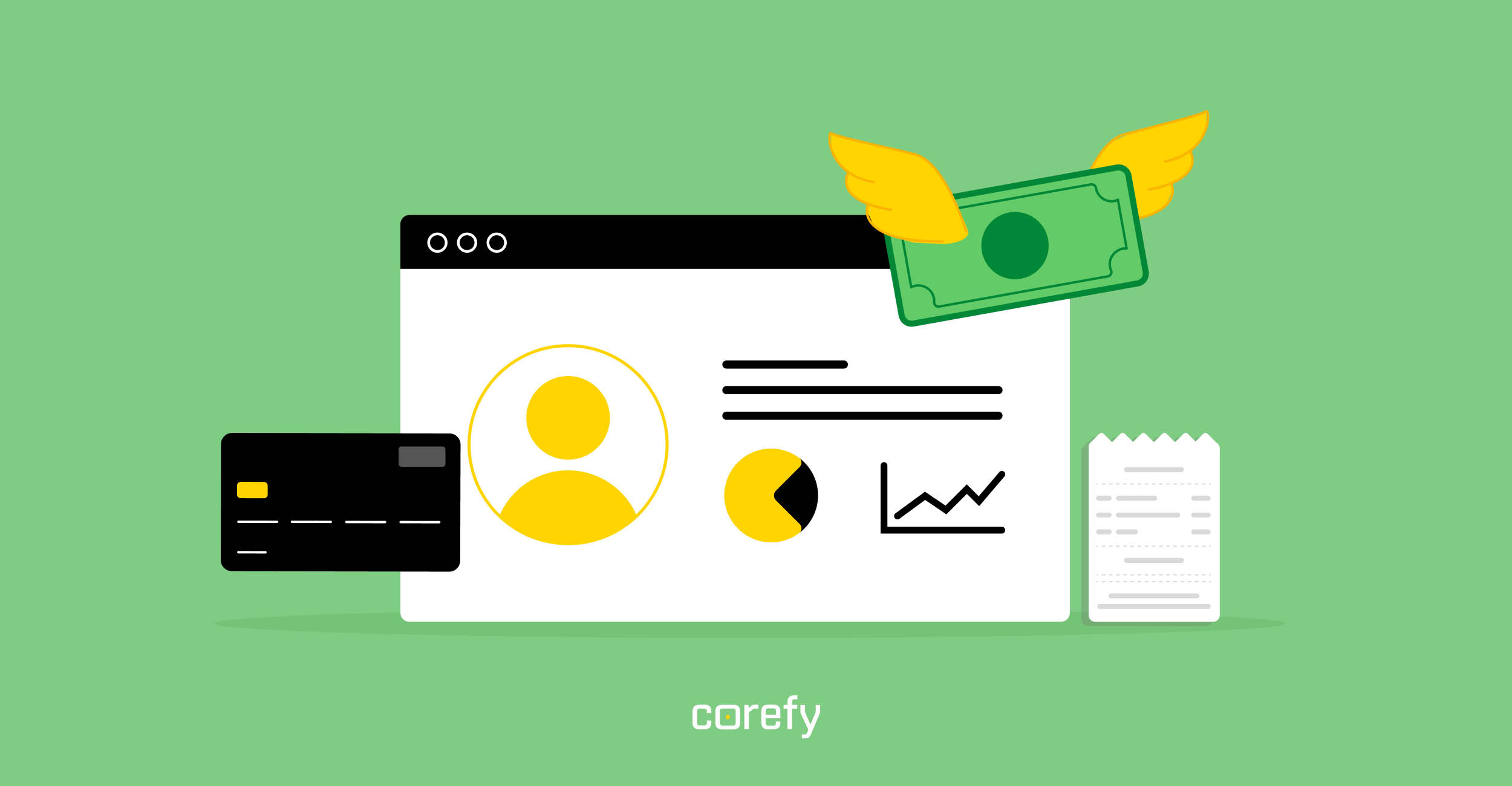

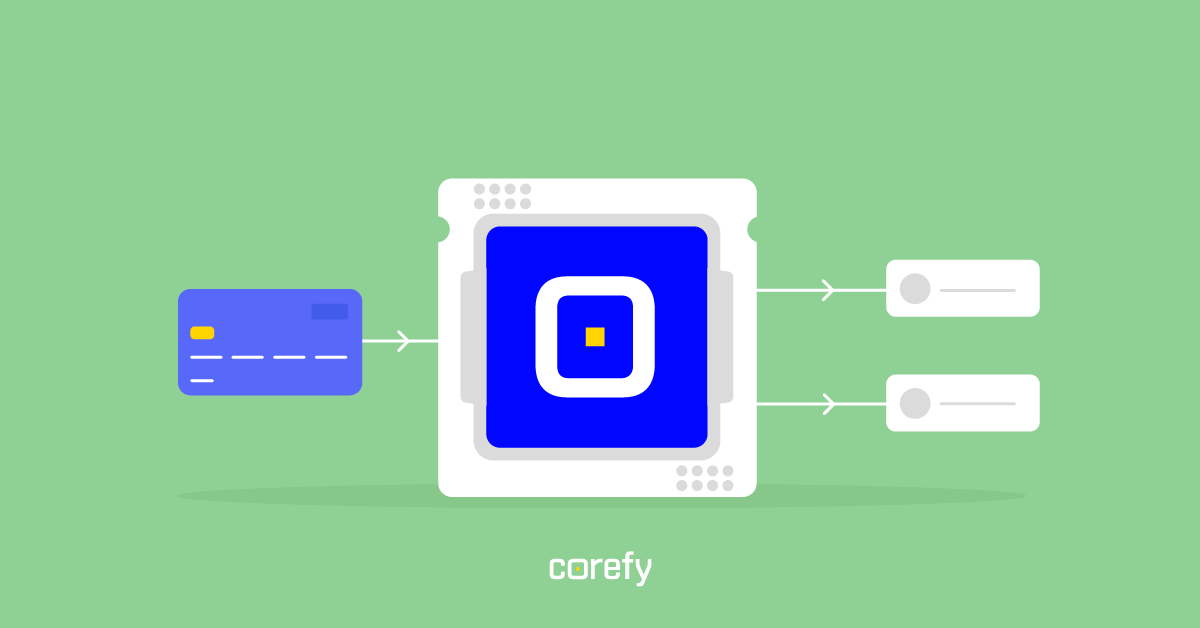
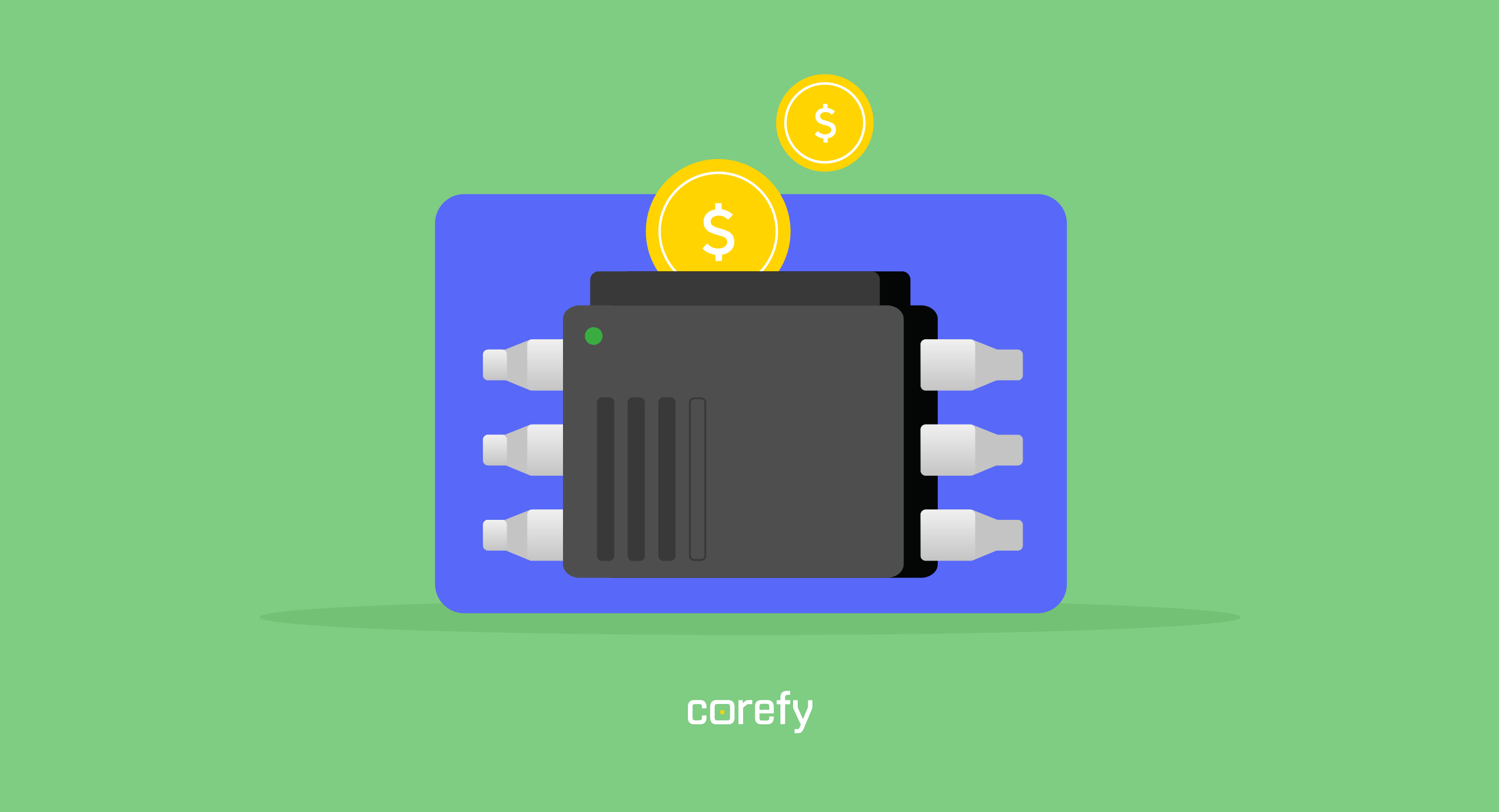
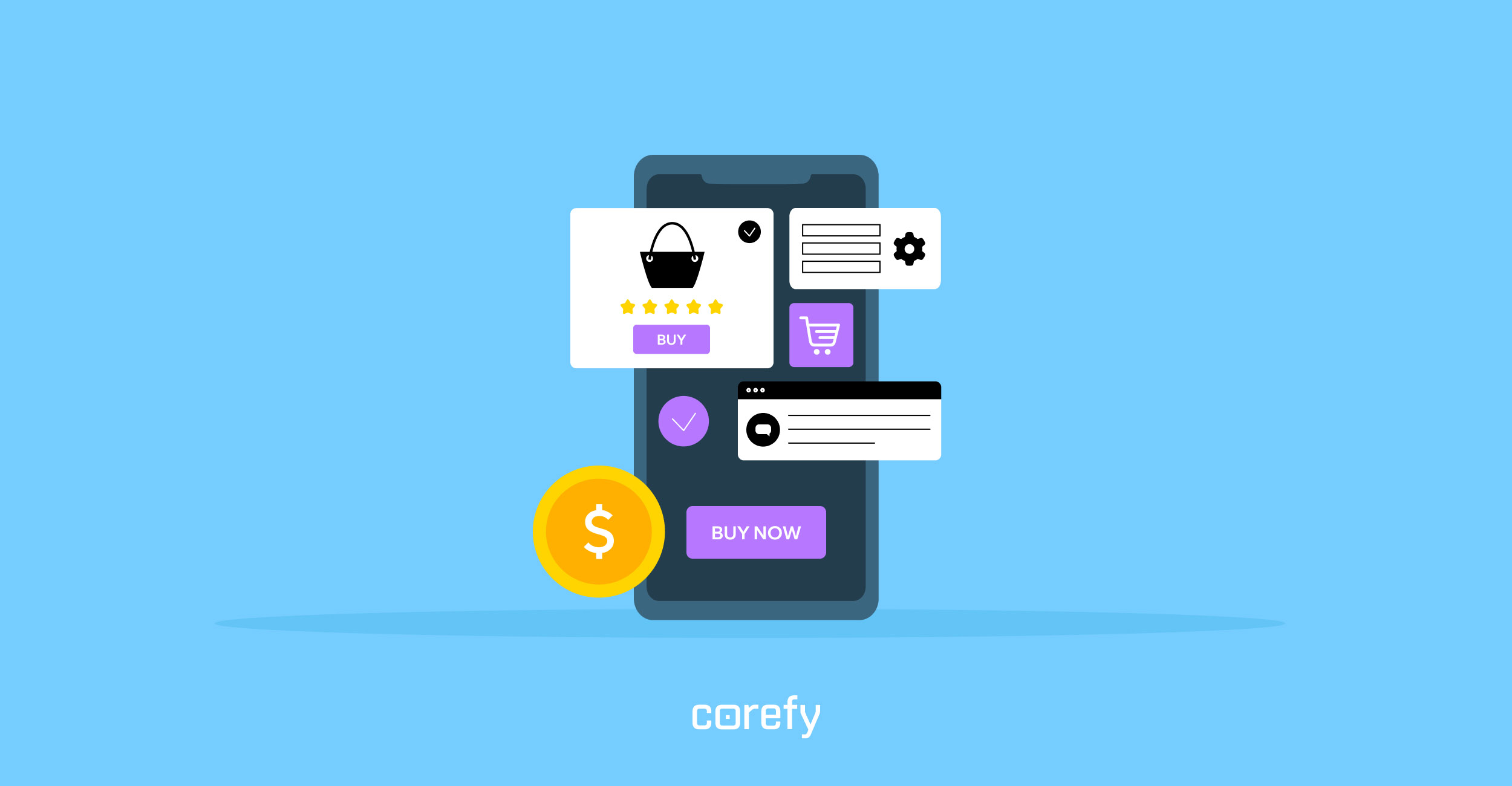
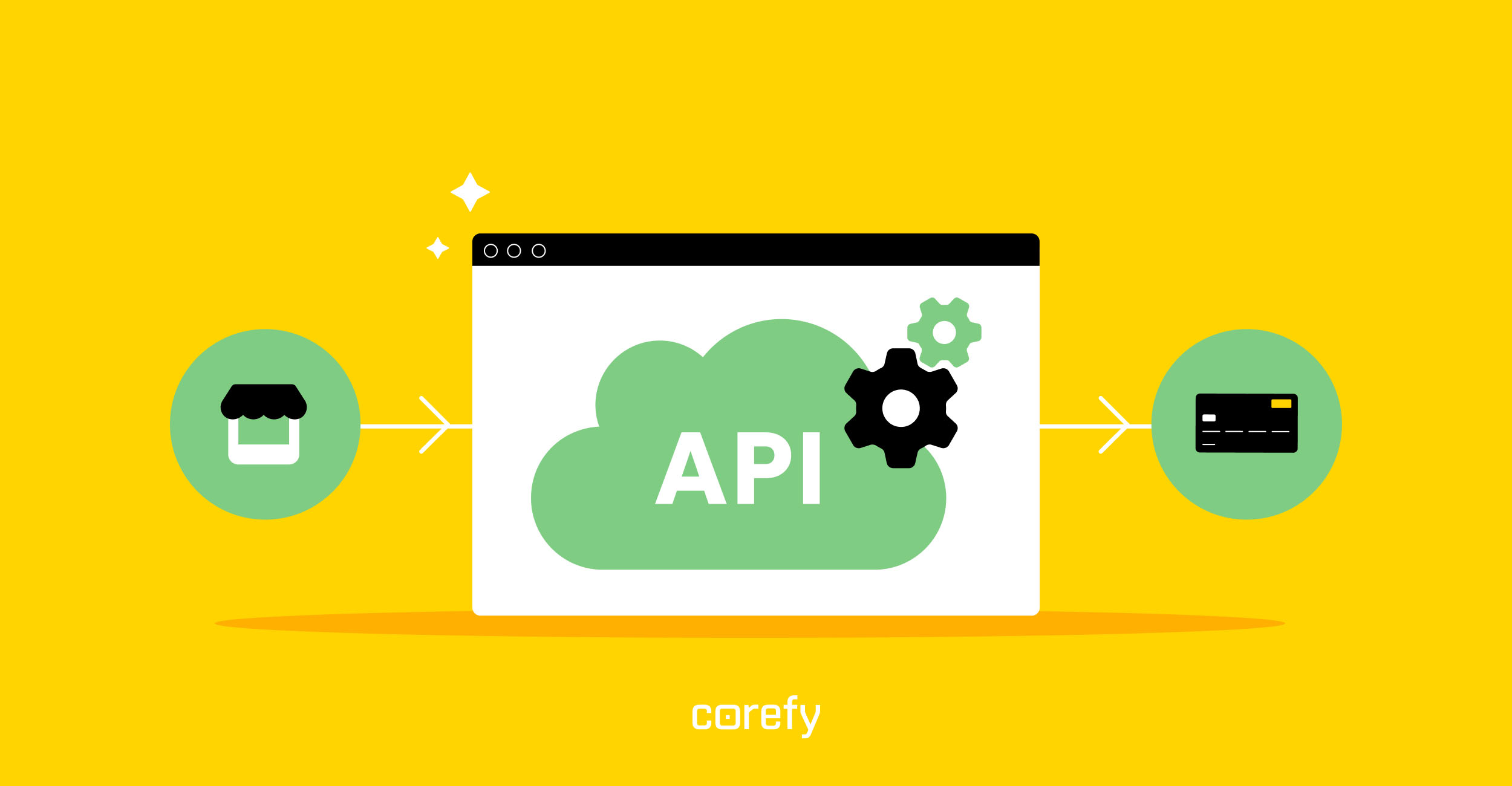
.jpg)
